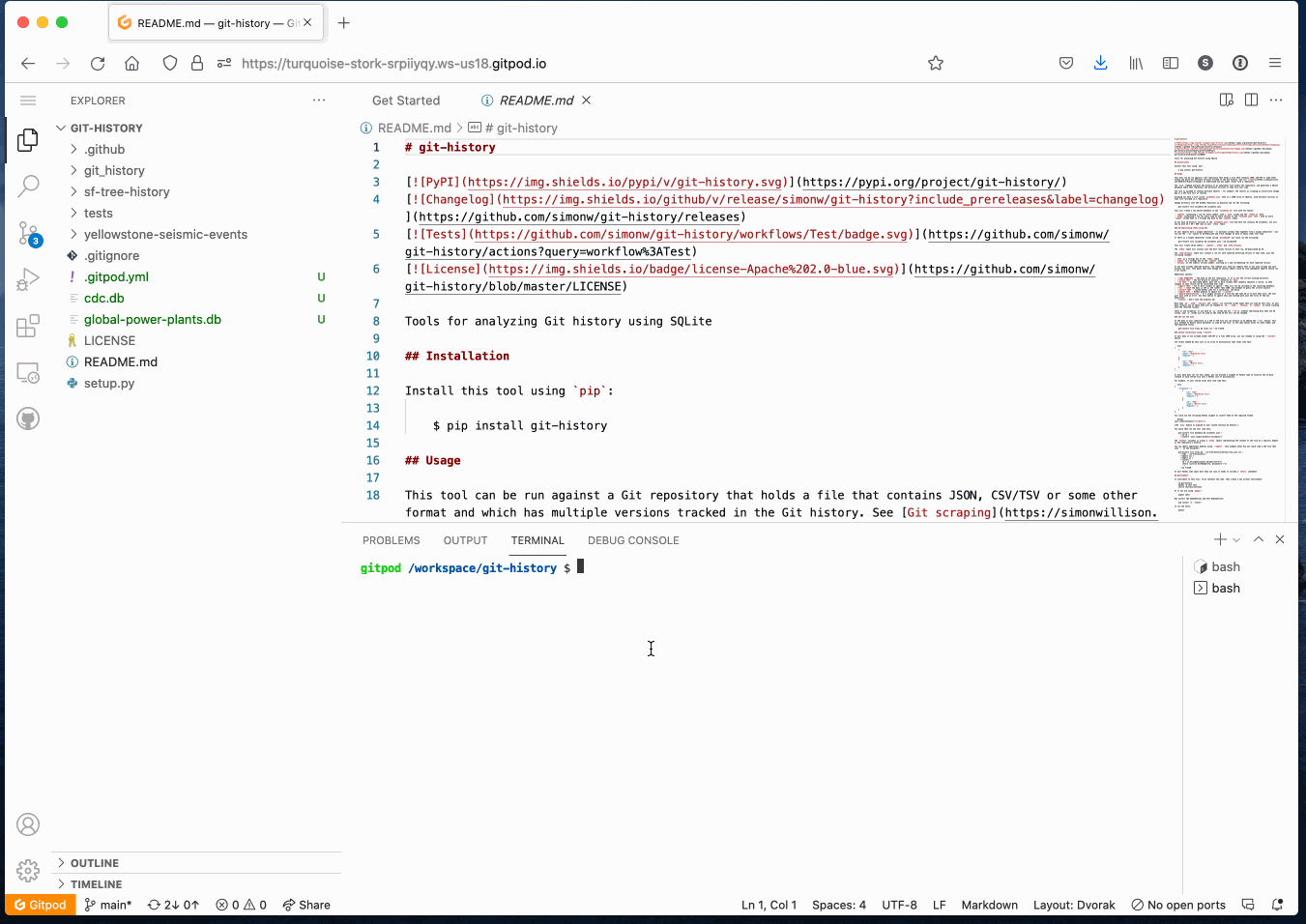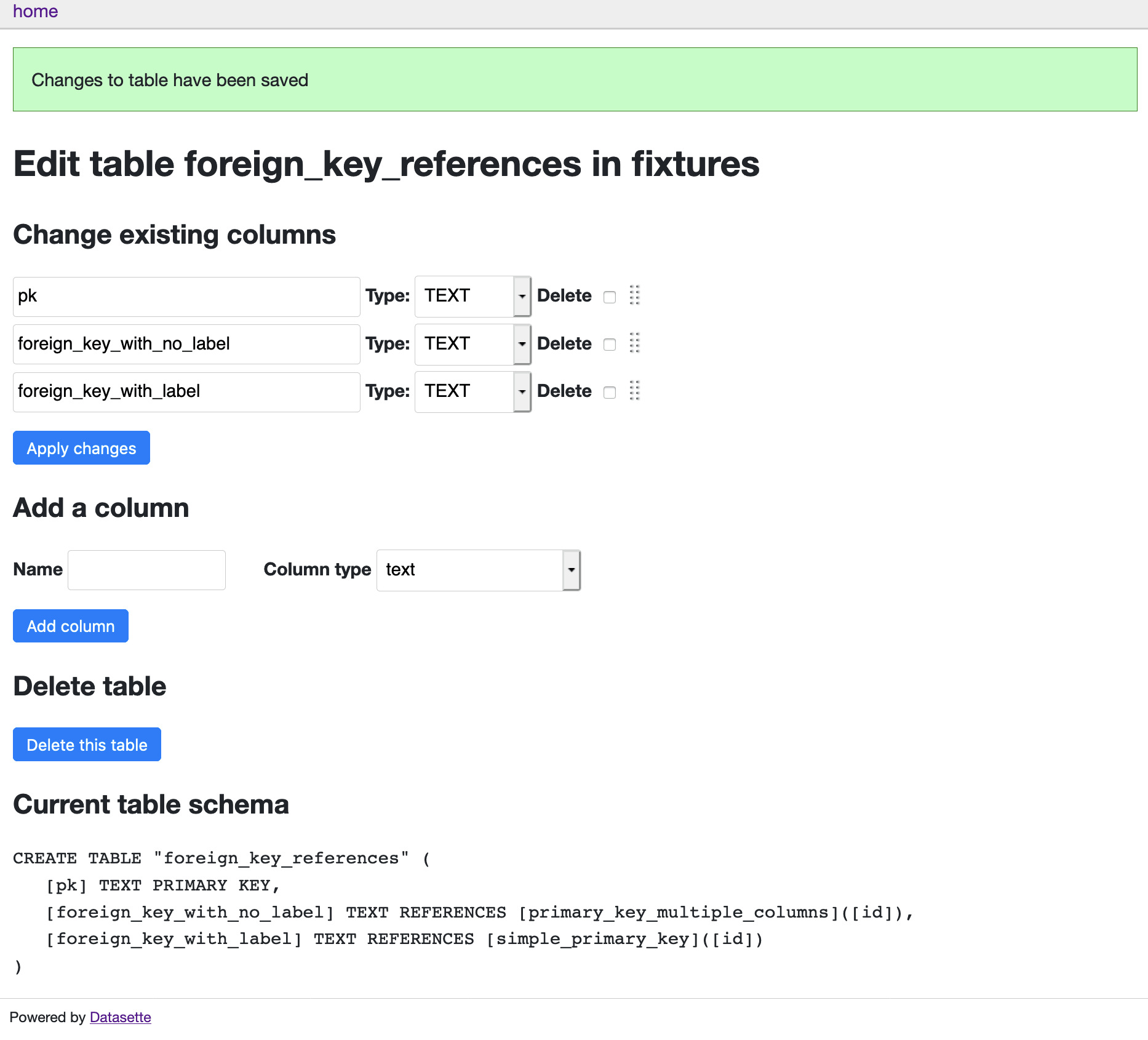16 posts tagged “teaching”
2025
Every time you are inclined to use the word “teach”, replace it with “learn”. That is, instead of saying, “I teach”, say “They learn”. It’s very easy to determine what you teach; you can just fill slides with text and claim to have taught. Shift your focus to determining how you know whether they learned what you claim to have taught (or indeed anything at all!). That is much harder, but that is also the real objective of any educator.
— Shriram Krishnamurthi, Pedagogy Recommendations
To really understand a concept, you have to "invent" it yourself in some capacity. Understanding doesn't come from passive content consumption. It is always self-built. It is an active, high-agency, self-directed process of creating and debugging your own mental models.
2023
Simulating History with ChatGPT (via) Absolutely fascinating new entry in the using-ChatGPT-to-teach genre. Benjamin Breen teaches history at UC Santa Cruz, and has been developing a sophisticated approach to using ChatGPT to play out role-playing scenarios involving different periods of history. His students are challenged to participate in them, then pick them apart—fact-checking details from the scenario and building critiques of the perspectives demonstrated by the language model. There are so many quotable snippets in here, I recommend reading the whole thing.
Teaching News Apps with Codespaces (via) Derek Willis used GitHub Codespaces for the latest data journalism class he taught, and it eliminated the painful process of trying to get students on an assortment of Mac, Windows and Chromebook laptops all to a point where they could start working and learning together.
2021
Weeknotes: git-history, created for a Git scraping workshop
My main project this week was a 90 minute workshop I delivered about Git scraping at Coda.Br 2021, a Brazilian data journalism conference, on Friday. This inspired the creation of a brand new tool, git-history, plus smaller improvements to a range of other projects.
[... 1,239 words]File not found: A generation that grew up with Google is forcing professors to rethink their lesson plans (via) This is fascinating: as-of 2017 university instructors have been increasingly encountering students who have absolutely no idea how files and folders on a computer work. The new generation has a completely different mental model of how applications work, where everything is found using search and data mostly lives inside the application that you use to manipulate it.
Gradually, Garland came to the same realization that many of her fellow educators have reached in the past four years: the concept of file folders and directories, essential to previous generations’ understanding of computers, is gibberish to many modern students.
No feigning surprise (via) Don’t feign surprise if someone doesn’t know something that you think they should know. Even better: even if you are surprised, don’t let them know! “When people feign surprise, it’s usually to make them feel better about themselves and others feel worse.”
When you know something it is almost impossible to imagine what it is like not to know that thing. This is the curse of knowledge, and it is the root of countless misunderstandings and inefficiencies. Smart people who are comfortable with complexity can be especially prone to it!
If you don’t guard against the curse of knowledge it has the potential to obfuscate all forms of communication, including code. The more specialized your work, the greater the risk that you will communicate in ways that are incomprehensible to the uninitiated.
2020
Weeknotes: software carpentry, compiling modules for SQLite
This week I completed the Software Carpentry instructor training course, added two foundational features to sqlite-utils and learned how to compile modules for SQLite.
Weeknotes: Covid-19, First Python Notebook, more Dogsheep, Tailscale
My covid-19.datasettes.com project publishes information on COVID-19 cases around the world. The project started out using data from Johns Hopkins CSSE, but last week the New York Times started publishing high quality USA county- and state-level daily numbers to their own repository. Here’s the change that added the NY Times data.
[... 993 words]2018
Teaching Tech Together (via) A new free book compiled by Greg Wilson about teaching programming, based on the instructor training program developed for the Software Carpentry course over the past six years. This is fantastic—it’s filling in a whole load of holes in my understanding of effective teaching theory.
Imagine a Simon Says style game where I present an article found on the web on a projector. Students research for two to three minutes, then respond by standing or staying seated to signal if they believe the article is true or fake. My students absolutely loved the game. Some refused to go to recess until I gave them another chance to figure out the next article I had queued.
2017
How to teach technical concepts with cartoons. Julia Evans: “This post is about a few patterns I use when illustrating ideas about computers. If you are interested in using drawings to teach people about your very favorite computer topics, hopefully this will help you!”
2008
Opera Web Standards Curriculum. Opera commissioned an impressive sequence of articles from a bunch of very talented people to help address the monstrous learning curve for modern client-side development.
2003
Python for teaching mathematics
Kirby Urner provides some great examples of how Python can be used as an aid to understanding mathematics on the marketing-python mailing list. I particularly liked this demonstration of Pascal’s triangle using Python generators:
[... 139 words]2002
Partner as a case study
I’ve been helping my partner Natalie Downe recreate her site using CSS and structural markup. She’s new to web design and has been taking to CSS like a duck to water—as a veteran of Microsoft Word globally defined styles come to her naturally and she took very little time to cotton on to the importance of seperating presentation from content. I’ve shown her tables as well but she isn’t really interested as she sees CSS as a much better solution for general presentation. I’m hoping to help run an HTML/XHTML/CSS training course at the University early next year with a heavy emphasis on structural markup, standards compliance and accessibility so it’s great to have a guinea pig to play with :)
[... 203 words]
